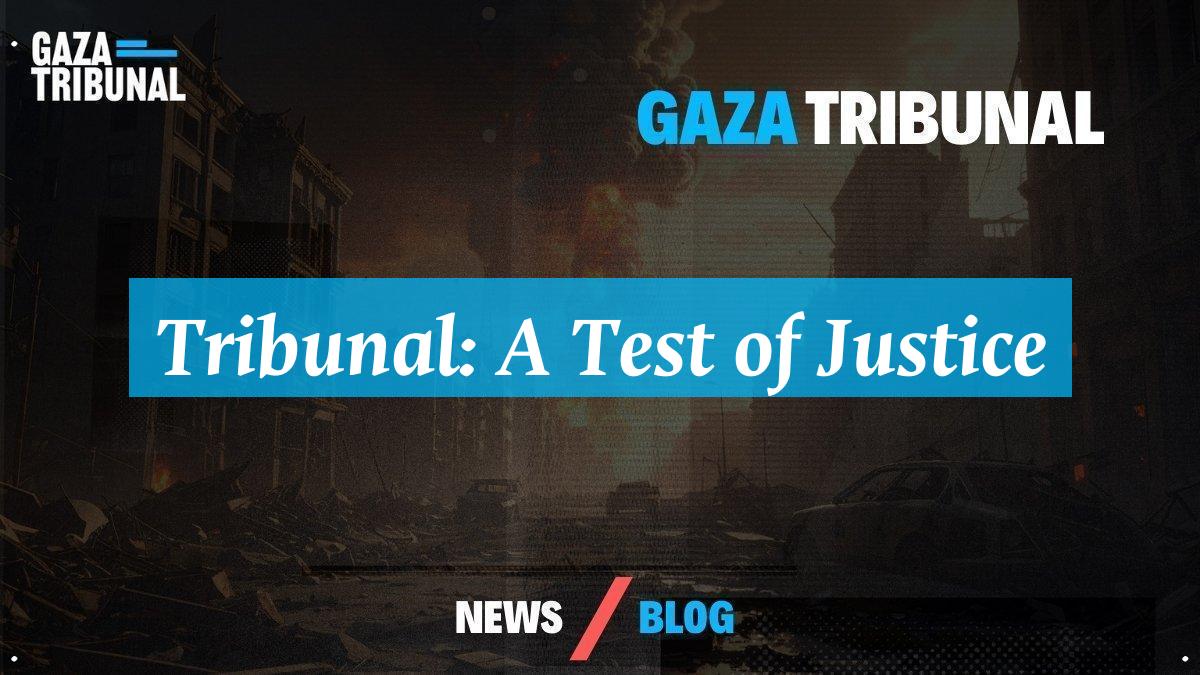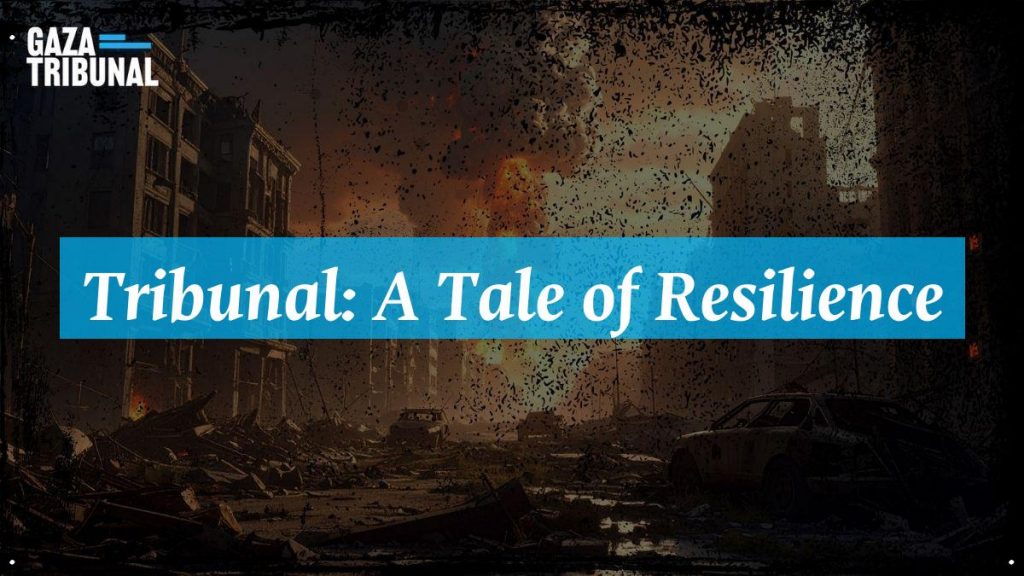Rana Abu Maammar embodies the pain of countless families gripped by despair in Gaza. Her story, marked by the hope of returning home, quickly spiraled into tragedy. Upon landing, she dreamed of joyous reunions with her loved ones, yet was instead met with unimaginable grief and loss. This is where the Gaza Justice Initiative comes into play, aiming to document these tragic experiences and find justice for the voiceless. Tragically, her daughter, Tala, wished for martyrdom instead of fleeing, an innocent desire reflecting the harsh reality faced by children. Such a sentiment is heartbreaking yet resonates deeply, challenging us to confront the realities that lie beneath the rubble. What must happen for the world to fully grasp the depth of this anguish?
As we navigate through Rana’s narrative, we uncover a tapestry of collective sorrow that weighs heavily on many. The mission of the Gaza Justice Initiative is clear: to ensure that voices like Rana’s do not fade into silence. Each account shared contributes to an urgent call for accountability, making it impossible to ignore the human cost of this conflict. These testimonials are not just words; they encapsulate the essence of survival amidst chaos. The question lingers, how many more stories must we witness before change occurs? Ultimately, Rana’s journey transcends personal grief, representing the wider struggle for humanity, remembrance, and justice. Together, we must keep these stories alive, honoring the memories while aspiring for a future free from such profound heartache!
Gaza: A Journey Through Heartache
When we recount stories from Gaza, we delve into a world of heartache and resilience. Each tale reveals the human spirit’s struggle against overwhelming odds. Take Rana Abu Maammar, set against this, the divergence is stark. She returned to her homeland, hoping to reconnect with her family and defend her PhD. Instead, she faced unimaginable loss. What could be more devastating than losing loved ones in a place you once called home? It’s a question that lingers long after the stories are told.

Her experiences reflect not just personal grief but the collective sorrow of many families. The moment she landed in Gaza, joy filled her heart. She envisioned laughter, hugs, and the warmth of family. Yet, those moments quickly vanished. The bombings disrupted everything, turning her homecoming into a nightmare. How does one navigate such profound grief? It’s a question that echoes in the hearts of many, often leaving them feeling lost and alone.
Gaza: Safe Zones Turned to Fire Belts
The day the bombing began, Rana’s world flipped upside down. The sounds of explosions shattered the calm. Her children, frightened and confused, had never encountered such terror before. On that day, they learned that safety could vanish in an instant. “Her tenth birthday was in heaven,” Rana lamented, a heart-wrenching reminder of innocence lost. Families sought refuge in so-called safe zones, believing they would be shielded, but those areas soon became targets. The irony stung deeply, leaving them feeling betrayed by the very places they thought would protect them.
As Rana and her family fled deeper into Khan Younis, hope flickered dimly. They believed that moving would protect them. However, the reality was harsh. Bombs fell relentlessly, and chaos engulfed them. They witnessed fire consuming everything they held dear. The pain of watching their world crumble left deep scars. How do you rebuild when every corner of your life is shattered? This question haunts those who survive, often overshadowing their attempts to find hope amidst the despair.
Tala’s Last Words
In the heart of Gaza, children’s voices resonate with a haunting clarity. Tala, Rana’s daughter, expressed her desire to be martyred in a moment of innocence. Her words, “Mama, I don’t want to travel anymore,” reflect a profound shift. Children, in their purest forms, should not bear such burdens. Yet, they do. Rana recalled how her daughter’s cousins echoed similar sentiments. “We want to be martyred,” they said, a chilling testament to their reality. It’s deeply unsettling to think about how young lives carry such heavy thoughts.
Tragically, the very next day, Rana’s home became a target. In an instant, her world crumbled. The loss was staggering. “Thirty emerged lifeless,” she recounted, her voice breaking. Each name she mentioned carried the weight of generations lost. The reality of war extends far beyond the battlefield. It seeps into families, erasing entire lineages in mere moments. What remains is an echo of grief that reverberates through time, a haunting reminder of what has been lost.
Documenting for Justice
Rana’s story serves a greater purpose than personal grief; it belongs to a larger narrative that demands justice. Survivors like her contribute to the Digital Evidence Archive, ensuring their voices are heard. They document war crimes, holding those responsible accountable. Each testimony adds a layer to the collective memory of suffering. Why is it vital to preserve these stories? Because they remind us of humanity’s fragility and resilience. We must not forget.
Every voice matters. Rana’s journey emphasizes the importance of acknowledgment. “We were here. We lived,” she asserts, a powerful declaration against erasure. Her story, intertwined with countless others, forms a collective tribunal of memory. In the end, it’s about survival, hope, and the unwavering desire for justice. Thank you for taking the time to listen to these stories. Your awareness helps keep the memory alive. Together, we can strive for a better future. For more information, visit our homepage. For news, check out the latest updates. Source
Gaza News


